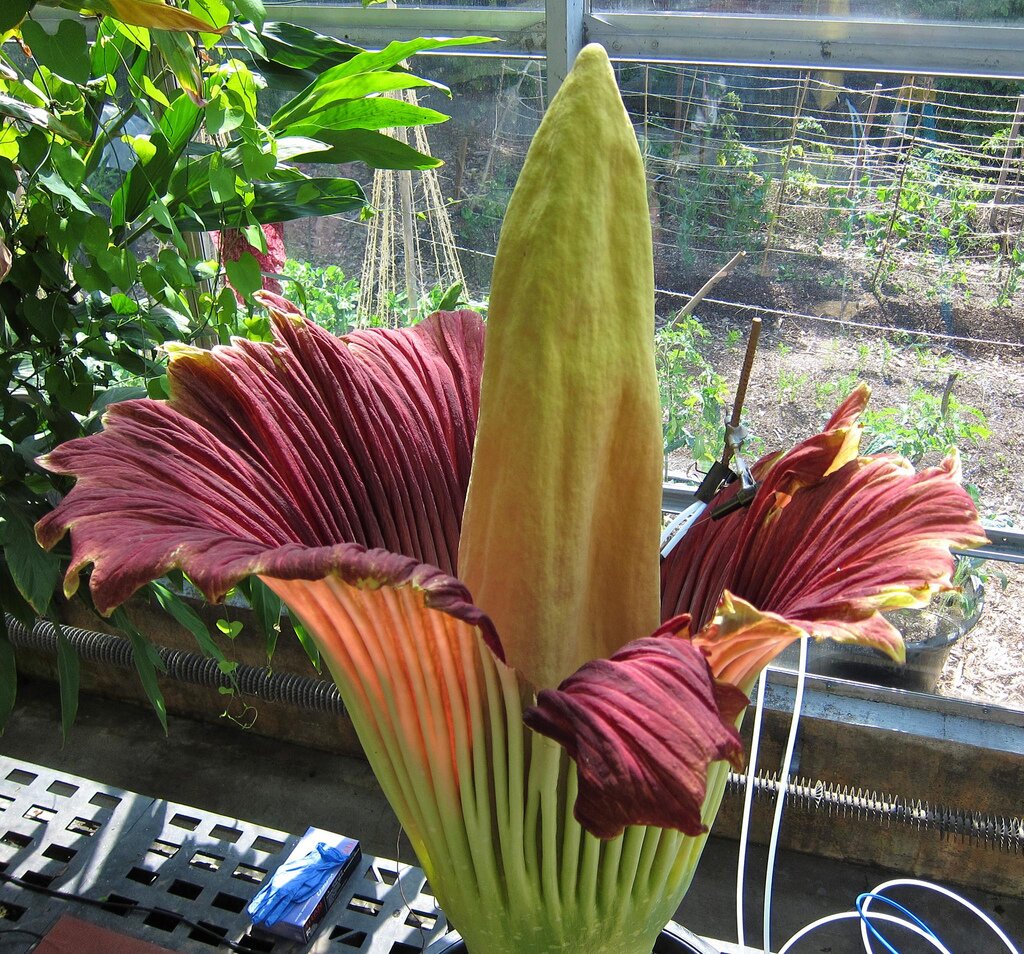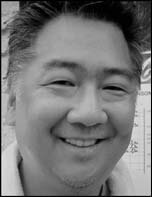Rainy season is still quality hiking, don’t let the fair-weathered fool you. Several of Washington’s best hikes are four-season accessible, most notably the coastal gems dotting Olympic National Park’s rugged Pacific boundary. Cape Alava, a frontier ocean post forged from glaciers, corrosive sea forces, and native history stands eerily at the westernmost point of the lower 48, on the edge of world.
The Olympic beaches are the best ocean coast in the Northwest, hands down. Showcasing forested bluffs that leer over rugged, untamed stretches of weather-beaten shoreline, they’re also scarred by ancient petroglyphs and sacred burial plots that fuel the area’s surreal moodiness.
The landscape evaporates only to suddenly resurface out of constantly shifting marine systems that consume sunny skies, transforming postcard beaches into an otherworldly haze in an instant–a fitting frame for the sacred burial islands offshore that creep in and out of sight with each shift of the wind. At any moment the familiar setting transforms unannounced: A rocky outpost that you swear wasn’t there ten seconds ago has silently materialized thirty yards offshore. Everything is shifting, from the tides, to the light, to field of vision.
Fogs, marine layers, mists of every name appear in this rotating tidal landscape; a blue afternoon sky gone with disorienting, ghostly intimacy in an instant. Weathered, sea-tested spruces cling to the sandy cliffs, enveloped one minute, boldly preening overhead the next. Rocky offshore islands hold small strands of tortured evergreens like forgotten prisoners.
Unlike the shamefully trashy Mad Max freeway beaches of Oregon and southern Washington, these locales are far beyond the littered routes of the Winnebago crowd’s shore-trashing caravans. Beautiful boardwalk trails through mossy spruce bayous and randomly grassy meadows filter out the lazy drive-thru types for the appreciative and committed. There’s simply no comparing true wilderness destinations to those that permit motorized access.
There aren’t many places left where you feel like you aren’t on the same planet anymore, where the atmosphere and scenery seems so big or mesmerizing that it cant possibly belong to the same mundane universe with which we’ve grown so familiar. Few locations–Olympic National Park is a UNESCO World Heritage site–induce the rare euphoric insight and heightened senses that only the epiphany of physical appreciation can bring.
Cape Alava has that quality, enhanced by the disorienting funhouse mirror affect the restless weather plays.
The centerpiece, if positioned north, is the foreboding stone fortress renamed Cannnonball Island, a sacred Makah burial site towering ominously in and out of perspective with a fascinating lack of welcome. Scramble for a foothold to the base of the island’s far western edge, tide permitting, for a momentary perch on the ever shifting edge of the world–living or otherwise.
Directions here.







